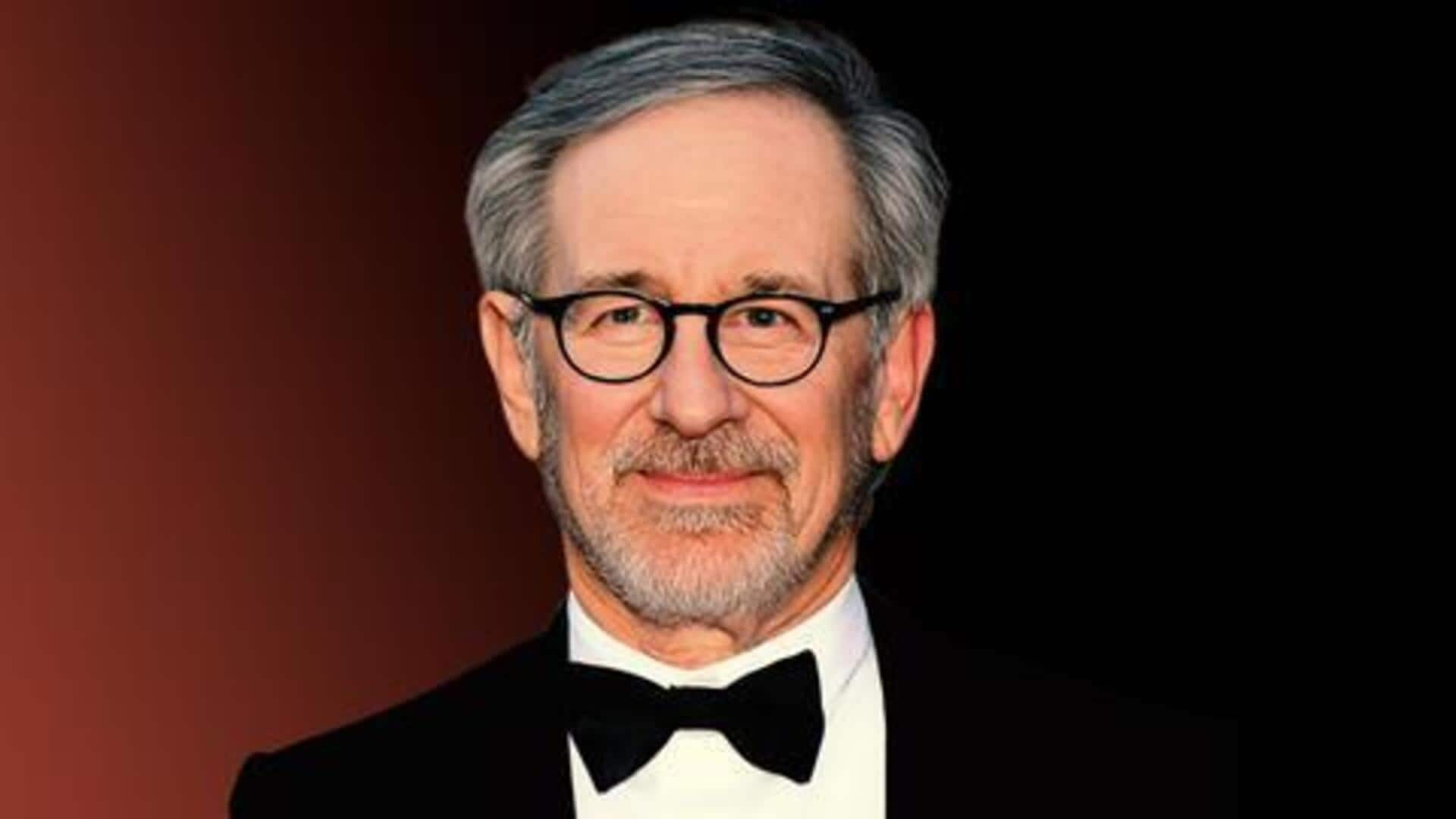
How Steven Spielberg rewrote the rules of modern cinema
What's the story
Steven Spielberg is a name synonymous with storytelling genius and cinematic innovation. The way he tells a story, the way he makes a film, has influenced modern cinema, perhaps more than anyone else. From pioneering the use of special effects to redefining genres, Spielberg's vision has left an indelible mark on how movies are made and experienced today. Let's take a look at key aspects of his contributions.
Blockbuster impact
'Jaws' and the blockbuster phenomenon
The release of Jaws in 1975 marked a turning point in cinema history, establishing the concept of the summer blockbuster. The film's unprecedented success demonstrated the potential for high-grossing films released during peak seasons. This strategy changed how studios approached movie releases. It continues to influence box office strategies today, with studios often reserving their biggest films for summer or holiday periods.
Visual innovation
Advancements in special effects
Spielberg's work on films like Jurassic Park showcased groundbreaking advancements in special effects technology. By combining CG with practical effects, he set new standards for visual storytelling. These innovations paved the way for future filmmakers to explore more ambitious projects, expanding what was possible within cinematic narratives.
Musical narratives
Storytelling through music
Frequently collaborating with composer John Williams, Spielberg emphasized music as a vital component of storytelling. Films like E.T. and the Indiana Jones series relied on iconic scores to elevate emotional depth and narrative impact. This not only highlighted music's role in creating unforgettable cinematic experiences but also influenced how soundtracks are employed across genres.
Genre fusion
Redefining genre boundaries
Spielberg is also known for blending genres in his films, creating unique stories that attract diverse audiences. Movies like Close Encounters of the Third Kind merged sci-fi with human drama, while Schindler's List provided a poignant historical narrative with personal stories intertwined. This fusion of genres has inspired filmmakers to go beyond the traditional and experiment, adding to modern cinema's diversity.